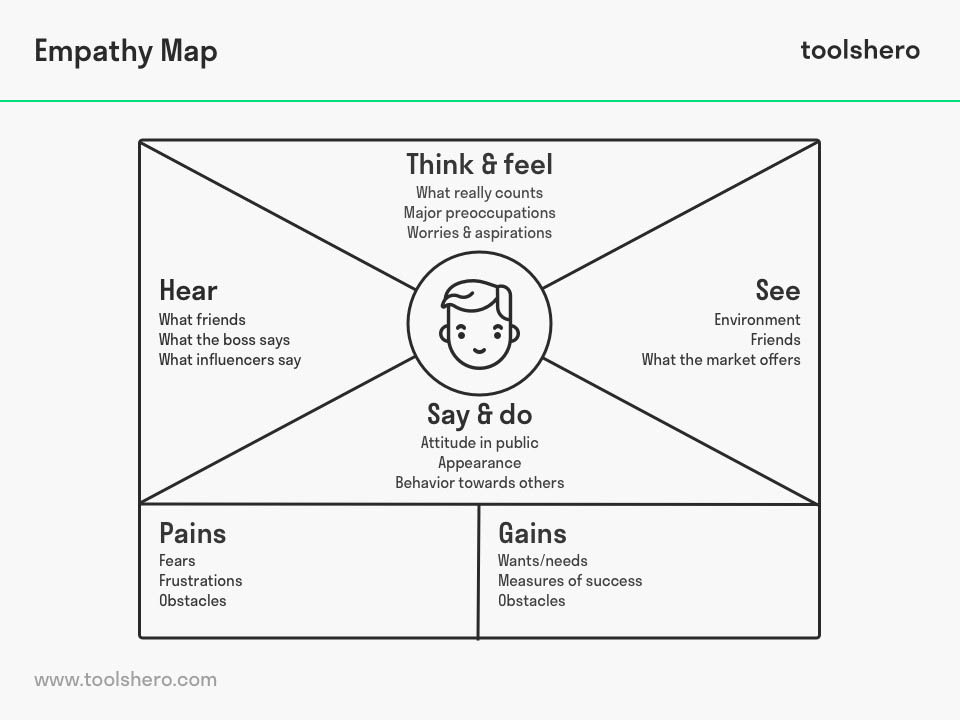When you have a huge goal or dream that will take time to achieve, it’s even more important to celebrate the little wins. Often times, we downplay our achievements, thinking, “What is there to celebrate?” When you are your own audience, your solo clapping sounds pretty hollow in your own mind. On the other hand, negative experiences pushes us back two steps because it takes precedence in our mind over the victories, which then demotivates us from achieving our goal.
That is why I truly believe it is important to have someone cheer you on along the sidelines. A coach can bring encouragement to a coachee by drawing attention to the victories that are worth celebrating, no matter how tiny it appears. Minda Zetlin, business tech writer, shares in her article, “Why you must celebrate small successes”…that in order to succeed in a big endeavour, you must ‘parcel the journey out into the smaller steps you’ll take along the way’ and ‘celebrate when you reach one.’
Taking time to honour every small victory or milestone may be a key to ‘potential breakthrough’.
This is the final point of the FLOW5 C.O.A.C.H process… with the H being High Point. Celebrating growth is key towards creating happy hormones in our brain which pushes us forward towards the big goal.

When I reflect upon my own journey this year, I believe there are many victories worth celebrating. In a year filled with uncertainties, I believe I achieved much more this year than the past few years combined.
For my work, Stories – Sustainability
My dream is to build and expand my creative team again, especially since I lost an important team member last year. I am glad that I managed to add new people to the team this year and maintained a positive cash flow! I was also named as Canon EOS ambassador in 2020, so that was a career milestone. I expanded our services to include live streaming and worked on multiple collaborations with different people and brands.
For coaching and Comma: Rethink Life – Consistency and credibility
It became apparent to me this year that life coaching is a feasible alternate career path, so I am really glad that I will graduate from the CCC course in 2020! My biggest achievement for the year! I have also started working on partnerships to bring Comma to another level. Creating consistent postings helps with building credibility. It’s really exciting to see the brand grow in 2020.
For family & personal goals (spiritual, emotional etc) – Presence & refueling
The prolonged MCO season has helped me build my relationship with my family, enabling me to really be present and aware of what is truly going on with the relationships around me. I’ve had time to reflect, pray, reset and make space for God.

Celebrating wins like these might not come naturally to your coachee. They need to honour their learning and spend time on self-reflection. As a coach, we can ask self-awareness questions to help them with this process. It should be done regularly so that it becomes a habit, not just something they do once a year.
1. What was the best thing that happened to you this week?
2. What achievement can you celebrate today?
3. What are the things you will do this week that matters most to you?
4. What would you like to do differently this week?
5. How will you live out your values this week?
6 strategies to enhance coaching
- Minimise threat, maximize reward – when a threat comes, we run away and we feel anxious. Coaching needs to be a safe place. When we help our coachee honour their learning, the ‘rewards’ from this adds fuel into their tank to keep on moving forward.
- Focus on the brain’s social drivers – based on a book by Daniel Pink called Drive, we learn that one social driver is autonomy. When autonomy is taken away, we feel disempowered. Another social driver is certainty. When we allow our coaches to come up with their own answers, it encourages our coachee, and pushes them towards autonomy and self-motivation.
- Emotional labelling strategy – often we attach meaning to the situations we experience. This strategy stops us from reacting and re-engages the thinking part of the brain to take over. For example, when someone says, “I am really stressed! Everything is going wrong!”, the focus is on negativity, blame and the problem. As a coach, we can ask non-emotional questions and link it back to their thoughts (rational parts of their brain). For example, asking, “What if you are in control of your situation, what step would you take? What is the benefit of you feeling this way right now?” We have to move them out of their emotional low by shifting their thoughts.
- Enhance strengths over problems – Problems focuses on a different part of their brain… where they need to find solutions to their problems. When we encourage them to focus on the strengths, it helps them overcome the problem because the focus shifts.
- Create trust (regulate oxytocin high) – the coachee feels that you believe in them, they feel safe, and this produces a hormone called oxytocin.
- Facilitate thought and insights – the key is facilitation. We are helping the coachees come to their own conclusions, not informing them about what to think.
Empathy Map

We learnt about this self-reflection tool that will help our coachee engage their senses, identify their needs and their disconnections between what they say and what they do. Keep in mind their goals – what does our coachee need to do? What situation are they in?
Taking the excerpt from the pdf:
SEEING / SAYING: What are some visual cues and/or defining words you have noticed in the situation?
DOING: What actions did you take and which behaviours did you notice in yourself? What are some behavioural patterns you can identify?
THINKING: What were you thinking about in that situation? What does this tell you about your beliefs?
FEELING: What were some emotions you were feeling? Why? Which past situation do they most remind you of?
The fifth quadrant is to include insights and ideas.
• What are your fears? What are your hopes? How might the situation be connected to your fears and hopes? Which of your needs were met or not met in that situation?
• What was the environment in which you encountered the situation? What do you remember about the environment? How did you find yourself in that environment and why?
• What makes you feel good about the situation? What hurts you most in the situation?
• Is this a typical situation for you? Do you often find yourself in similar situations where you say, do, think and feel the same things?
• What was the feedback you gathered from your environment (other people)?
• What are all the positives about the situation? What can you learn about
yourself, others and the world by experiencing that kind of a situation?
My biggest takeaway from this session is that no success is too small to be celebrated. We all need encouragement to keep going. It’s a huge part of coaching for me… to be that encourager to my coachee, so they will keep moving from one level to another level.
Up, up and away!
Cover image credit: Photo by Levi Guzman on Unsplash
